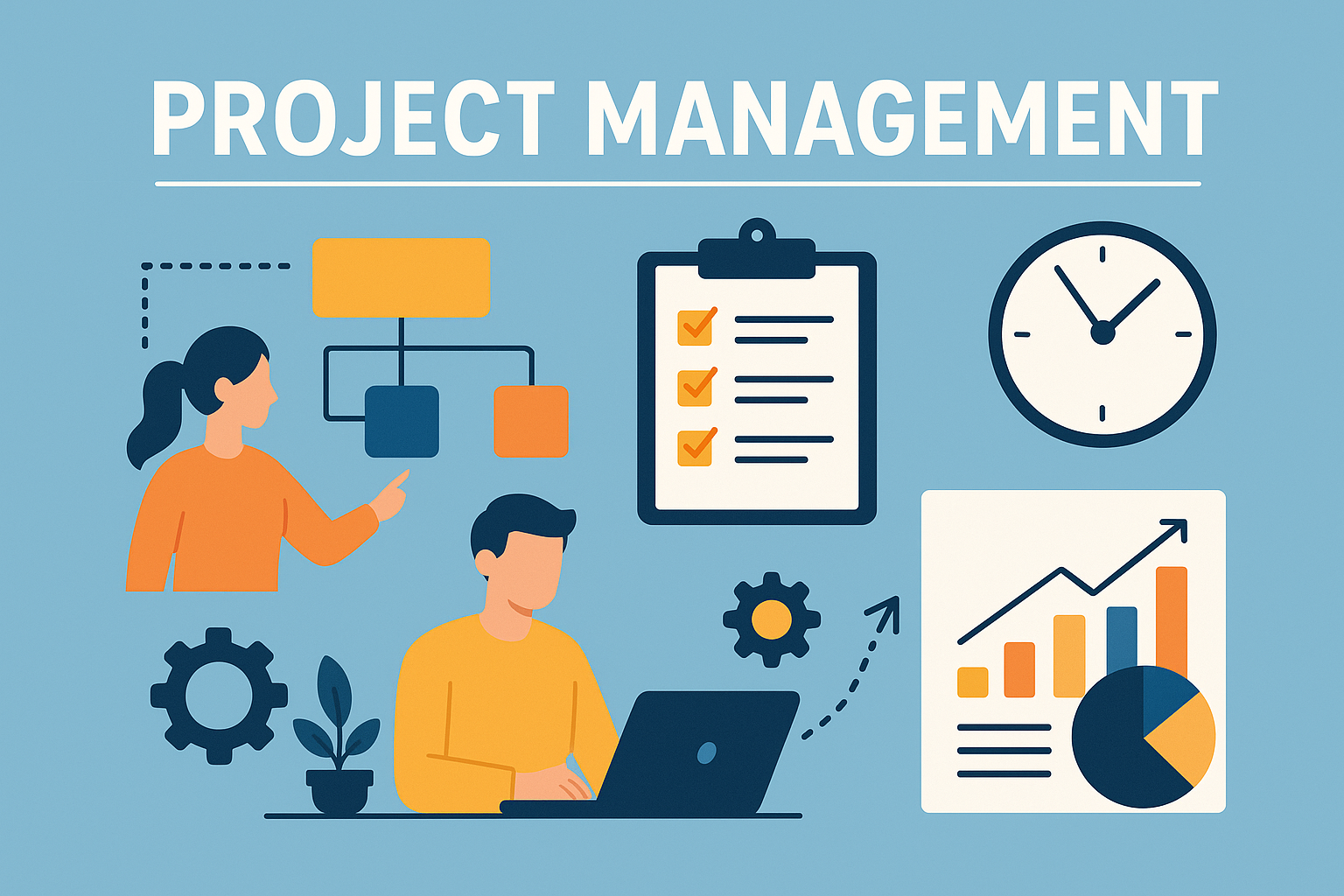
Ever marvel at a towering skyscraper, a seamless app on your phone, or a perfectly executed music festival? These achievements aren't accidents; they are the result of a powerful, structured discipline known as Project Management. It’s the invisible engine that drives ideas from a simple thought bubble to a tangible reality. At its core, project management is the art and science of guiding a team to achieve specific goals within a set timeframe and budget.
Think of it as the ultimate roadmap. You have a destination (the project goal), a vehicle (your team), fuel (resources), and a map (the project plan). A project manager is the expert driver who navigates the traffic (risks), follows the best route (methodology), and ensures everyone arrives at the destination safely and on time.
This guide will walk you through the entire landscape of Project Management, exploring not just what it is, but why it's the secret ingredient in countless success stories across every industry imaginable. More importantly, we'll show you the clearest path to starting your own career in this dynamic field, with a special focus on the globally recognized PMI Certified Associate in Project Management (CAPM)® certification.
What is Project Management?
Let's get formal for a moment. The Project Management Institute (PMI), the world's leading authority on the subject, defines Project Management as the application of knowledge, skills, tools, and techniques to project activities to meet the project requirements.
A project is a temporary endeavor undertaken to create a unique product, service, or result. The key words here are "temporary" and "unique."
- Temporary: It has a defined beginning and end. Building a new corporate website is a project; the ongoing maintenance of that website is an operation.
- Unique: The outcome is something that hasn't been done in the exact same way before. Even building a second house in a subdivision is unique due to different ground conditions, weather, and team members.
So, Project Management is the framework used to manage these temporary, unique endeavors. It involves five key phases, often called the Project Management Process Groups:
Initiating: This is the green light phase. The project's value and feasibility are determined. A project charter is created, authorizing the project and the project manager.
Planning: This is the most intensive phase. The project manager and team develop a detailed roadmap. This includes defining the scope, setting a budget, creating a schedule, identifying risks, and planning for communications and quality.
Executing: The plan is put into action. The team gets to work creating the project deliverables. The project manager coordinates people and resources and keeps the team motivated.
Monitoring and Controlling: This phase happens simultaneously with execution. The project manager tracks progress against the plan, measuring performance and making adjustments as needed to stay on track.
Closing: The project is formally completed. The final deliverables are handed over, documentation is finalized, and the team is released. A post-mortem is often conducted to capture lessons learned for future projects.
This structured approach transforms chaos into order, ensuring that complex goals are met methodically and effectively.
Why is Project Management So Important?
Without effective Project Management, projects are prone to failure. They run over budget, miss deadlines, and deliver poor-quality results. A 2021 report by PMI found that organizations waste nearly 12% of their investment in projects due to poor performance. Here’s why a solid project management framework is indispensable.
Efficiency
Project management provides a clear roadmap from start to finish. By defining roles, responsibilities, and timelines upfront, it eliminates confusion and duplication of effort. Everyone knows what they need to do and when, leading to a smoother, faster, and more efficient workflow.
Risk Management
Every project faces uncertainty. Project Management forces teams to proactively identify potential risks—like budget cuts, technical glitches, or supply chain delays—and develop mitigation plans before they become full-blown crises. This foresight saves time, money, and immense stress down the line.
Communication and Collaboration
A project manager acts as the central hub for communication. They ensure that stakeholders, team members, and clients are all on the same page. This prevents misunderstandings, fosters teamwork, and keeps everyone aligned with the project's objectives.
Resource Optimization
Projects run on resources: people, money, and equipment. Effective project management ensures these resources are allocated and used in the most efficient way possible. It prevents over-allocation of team members (burnout) and under-utilization of critical assets, maximizing value for every dollar spent.
Better Decision Making
With a structured framework, decisions are based on data and clear metrics, not just guesswork. By tracking progress and performance, project managers can make informed choices that keep the project aligned with its strategic goals.
Quality Assurance
Project Management integrates quality checks throughout the project lifecycle. Instead of waiting until the end to see if the final product works, quality is planned, managed, and controlled from the beginning, resulting in a superior final deliverable.
Adaptability
The modern business environment is constantly changing. Project management methodologies, especially Agile frameworks, are designed to embrace change. They allow teams to pivot quickly in response to new information or shifting stakeholder needs without derailing the entire project.
Strategic Alignment
Ultimately, projects are vehicles for executing business strategy. Project Management ensures that every project undertaken is directly linked to the organization's overarching goals. This alignment guarantees that the work being done is not just busy work, but work that delivers real, strategic value.
Who Uses Project Management?
While the title "Project Manager" is common, the practice of Project Management is universal. You’ll find its principles at work in virtually every industry and role:
- Construction: Building a bridge or a skyscraper is a classic, large-scale project.
- Information Technology: Developing new software, migrating a company to the cloud, or rolling out a new security system are all IT projects.
- Healthcare: Implementing a new electronic health record system or conducting a clinical trial requires meticulous project management.
- Marketing: Launching a new advertising campaign, redesigning a website, or hosting a major event are all projects managed by marketing teams.
- Manufacturing: Designing a new product line, from concept to assembly line, is a complex project.
- Event Planning: Organizing a wedding, a corporate conference, or a music festival is a masterclass in project management, juggling vendors, timelines, and budgets.
Essentially, anyone who needs to organize tasks and collaborate with a team to achieve a specific outcome is practicing Project Management.
How to Start a Project Management Career: Your Path to Success
Feeling inspired? A career in Project Management is rewarding, challenging, and in high demand. But how do you break into the field, especially if you're just starting out or transitioning from another role? The key is to build a solid foundation of knowledge and prove your competence. This is where certification becomes your most powerful asset.
For aspiring project managers, the single best starting point is the PMI Certified Associate in Project Management (CAPM)® certification.
What is the CAPM® Certification?
Offered by the Project Management Institute (PMI), the CAPM is a globally recognized, entry-level certification designed for individuals with little or no project experience. It demonstrates that you understand the fundamental knowledge, terminology, and processes of effective project management as defined in PMI's standards.
As detailed on the official PMI CAPM page, this certification is your ticket to validating your skills to employers and landing your first project management role.
The CAPM exam covers four key domains:
- Project Management Fundamentals and Core Concepts (36%): The building blocks of any project.
- Predictive, Plan-Based Methodologies (17%): Traditional approaches like the "Waterfall" method, where projects are planned in full upfront.
- Agile Frameworks/Methodologies (20%): Modern, flexible approaches like Scrum and Kanban that welcome change.
- Business Analysis Frameworks (27%): The skills to identify business needs and recommend effective solutions.
The Challenge: Conquering the CAPM Exam
Deciding to pursue the CAPM is the first step. The next is preparing for the exam, and let's be honest—it can feel overwhelming.
CAPM Exam Summary:
- Number of Questions: 150
- Exam Duration: 180 Minutes (3 hours)
- Format: Multiple Choice Questions
The thought of facing 150 questions in 3 hours can be a major source of stress. You might ask yourself: Have I studied the right material? Do I understand the concepts well enough? Can I manage my time effectively under pressure? This anxiety is completely normal, but it doesn't have to derail your goal. The key to overcoming it is not just studying, but practicing in a realistic environment.
This is where ProcessExam transform your preparation journey. Instead of just reading books and hoping for the best, you can build true confidence with our PMI Certified Associate in Project Management (CAPM) practice exams. Our exam simulators are designed to mirror the actual CAPM test experience, helping you:
- Master Time Management: Learn the pace required to answer all 150 questions within the 3-hour limit.
- Identify Knowledge Gaps: Our detailed results show you exactly which of the four domains you need to focus on.
- Reduce Exam-Day Anxiety: By taking our practice exams, the format, style, and pressure of the real test will feel familiar, allowing you to focus on the questions, not your nerves.
- Understand the "PMI Way": Get comfortable with the specific way PMI phrases questions and tests your knowledge.
Don't let exam stress stand between you and your career goals. Prepare intelligently, build confidence, and walk into the testing center ready to succeed.
What Tools Are Used In Project Management?
Modern Project Management relies on a powerful arsenal of software and tools to keep things running smoothly. While an Excel spreadsheet can work for very simple projects, most teams use specialized platforms.
Here are some of the most common categories:
Task and Workflow Management Tools: These are the digital to-do lists for the entire team. They help track who is doing what and when.
- Examples: Asana, Trello, Jira
Collaboration and Communication Tools: Essential for keeping teams connected, especially remote ones. They facilitate real-time conversations, file sharing, and announcements.
- Examples: Slack, Microsoft Teams, Google Workspace
Scheduling and Gantt Chart Software: These tools are used to create detailed project timelines. A Gantt chart provides a visual representation of the project schedule, showing task dependencies and overall progress.
- Examples: Microsoft Project, Smartsheet, ClickUp
Documentation and Knowledge Management Tools: A central place to store all project-related documents, from the initial charter to meeting notes and final reports.
- Examples: Confluence, Notion, SharePoint
The right tool depends on the project's complexity, the team's size, and the methodology being used (e.g., Jira is very popular for Agile teams).
Conclusion
Project Management is more than just a set of tools and processes; it's a mindset focused on structure, communication, and achieving goals. It’s the critical discipline that bridges the gap between vision and execution. In a world that is becoming more complex and fast-paced, the demand for skilled professionals who can successfully manage projects will only continue to grow.
Starting a career in this field is an investment in a future-proof skill set. For newcomers, the path forward is clear: build your foundational knowledge and validate it with a respected certification. The PMI Certified Associate in Project Management (CAPM)® is your entry point, a credential that tells the world you are serious and prepared. And when you're ready to take that step, remember that smart preparation, like using realistic practice exams, is the surest way to turn your career aspirations into your next big success.
FAQs
1. Is the CAPM exam hard?
The difficulty is subjective, but the CAPM exam is a challenging test of your foundational Project Management knowledge. It requires diligent study of the official PMI materials. Success depends heavily on thorough preparation and understanding the concepts, not just memorization. Using practice exams is highly recommended to gauge your readiness.
2. What is the passing score for the CAPM?
PMI does not publish a specific percentage-based passing score. Instead, your performance is rated across the exam domains with one of four ratings: Above Target, Target, Below Target, or Needs Improvement. To pass, you generally need to achieve a "Target" or "Above Target" rating across the domains.
3. How long should I study for the CAPM exam?
This varies greatly depending on your prior knowledge and study habits. Most candidates report studying for 50-100 hours over several weeks or months. Creating a structured study plan and sticking to it is crucial.
4. Is the CAPM certification worth it?
Absolutely. For those starting their careers, the CAPM is highly valuable. It demonstrates a commitment to the profession, provides you with a solid knowledge base, makes your resume stand out to employers, and can lead to higher starting salaries and better job opportunities.
5. What is the difference between the CAPM and the PMP certification?
The CAPM is an entry-level certification for those with little to no project experience. The Project Management Professional (PMP)® is the gold standard for experienced project managers and requires thousands of hours of documented project leadership experience to even apply. The CAPM is often a stepping stone to the PMP.
6. How much does the CAPM exam cost?
As of late 2025, the fee is USD $225 for PMI members and USD $300 for non-members. It is often cost-effective to become a PMI member first, as the membership fee plus the member exam fee is typically less than the non-member fee, and you get access to a free digital copy of the PMBOK® Guide.
7. What happens if I fail the CAPM exam?
You can retake the exam. You are allowed to take the exam up to three times within your one-year eligibility period should you not pass on the first attempt. You will need to pay a re-examination fee for each attempt. This is why thorough preparation is so important to help you pass on your first try.



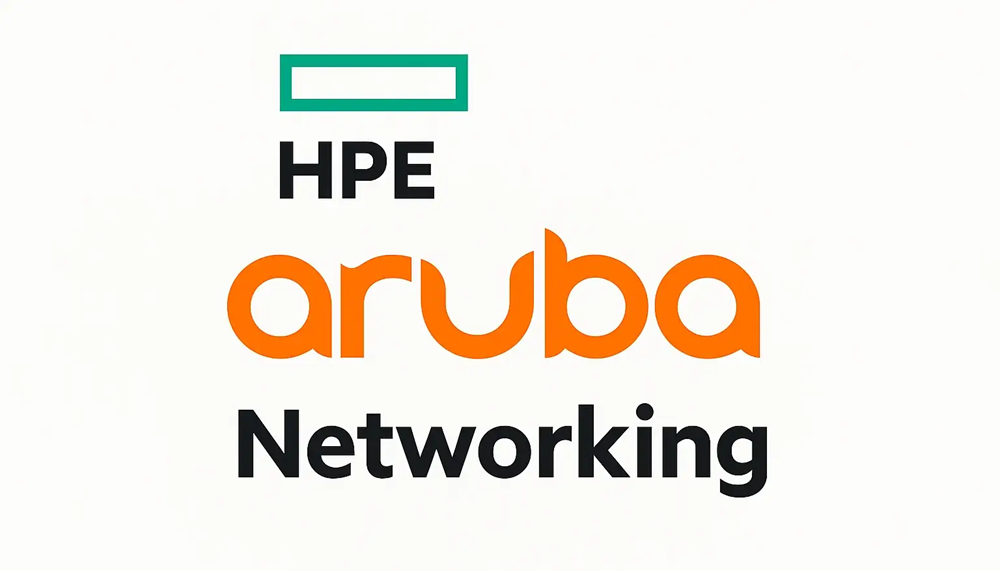
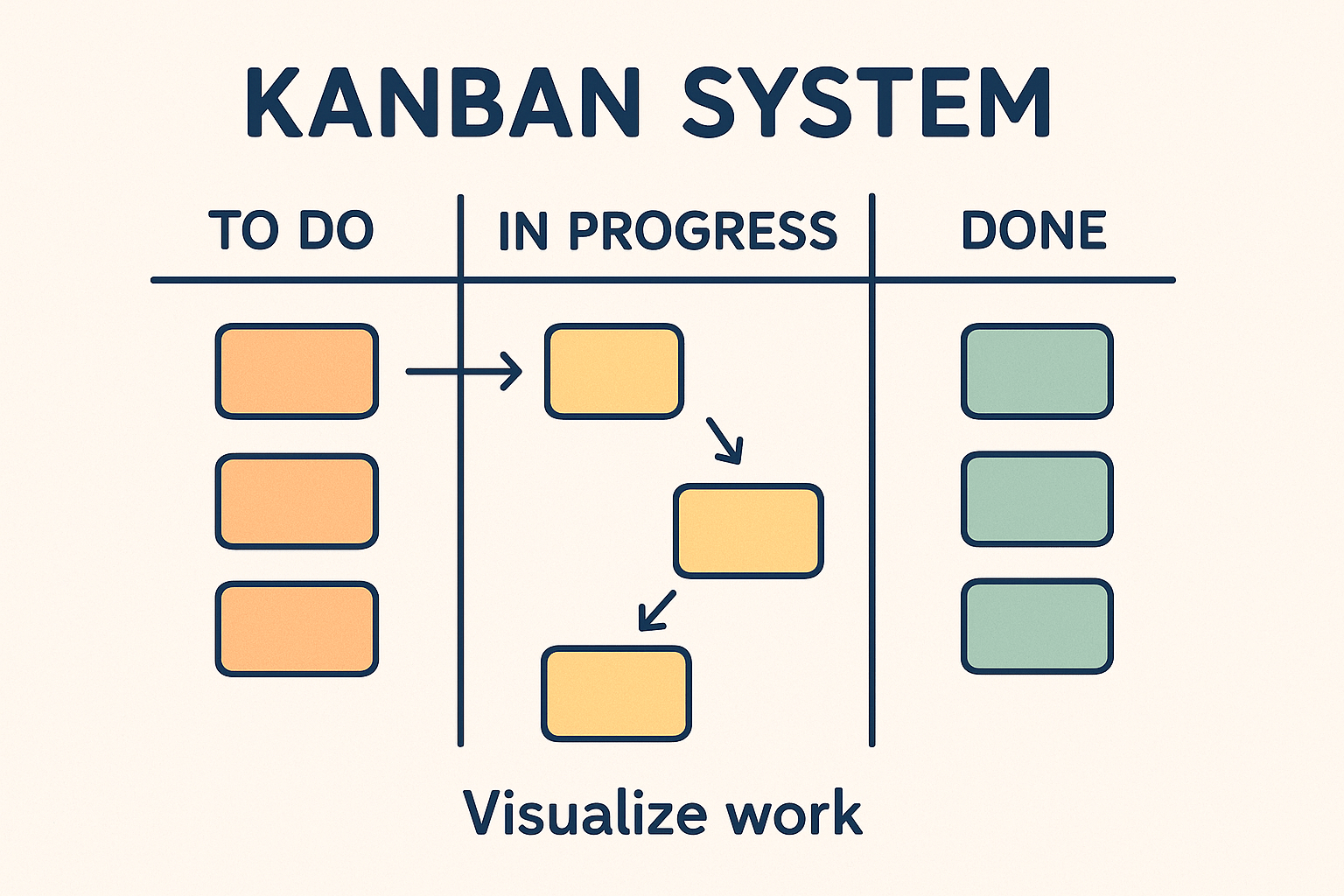
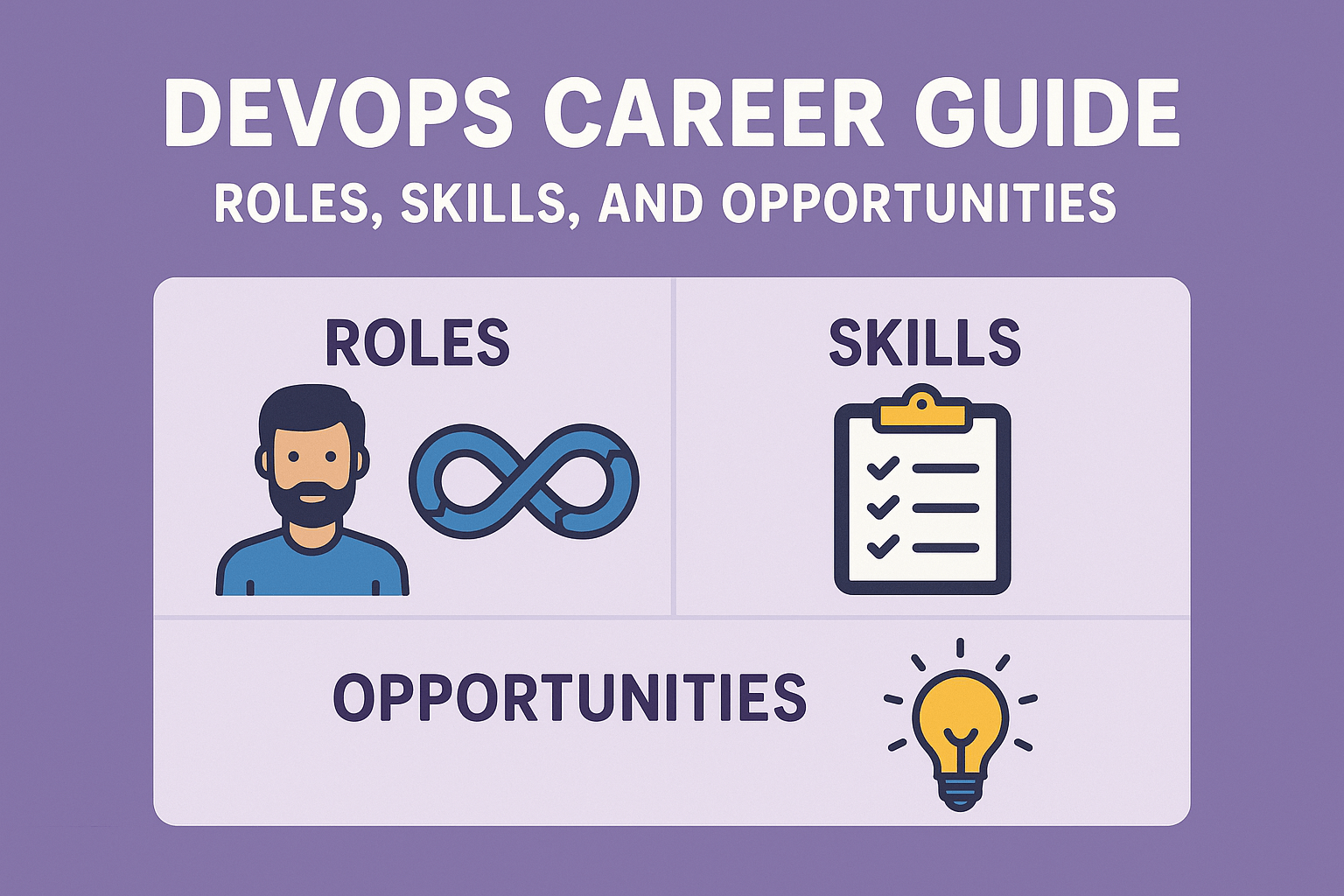
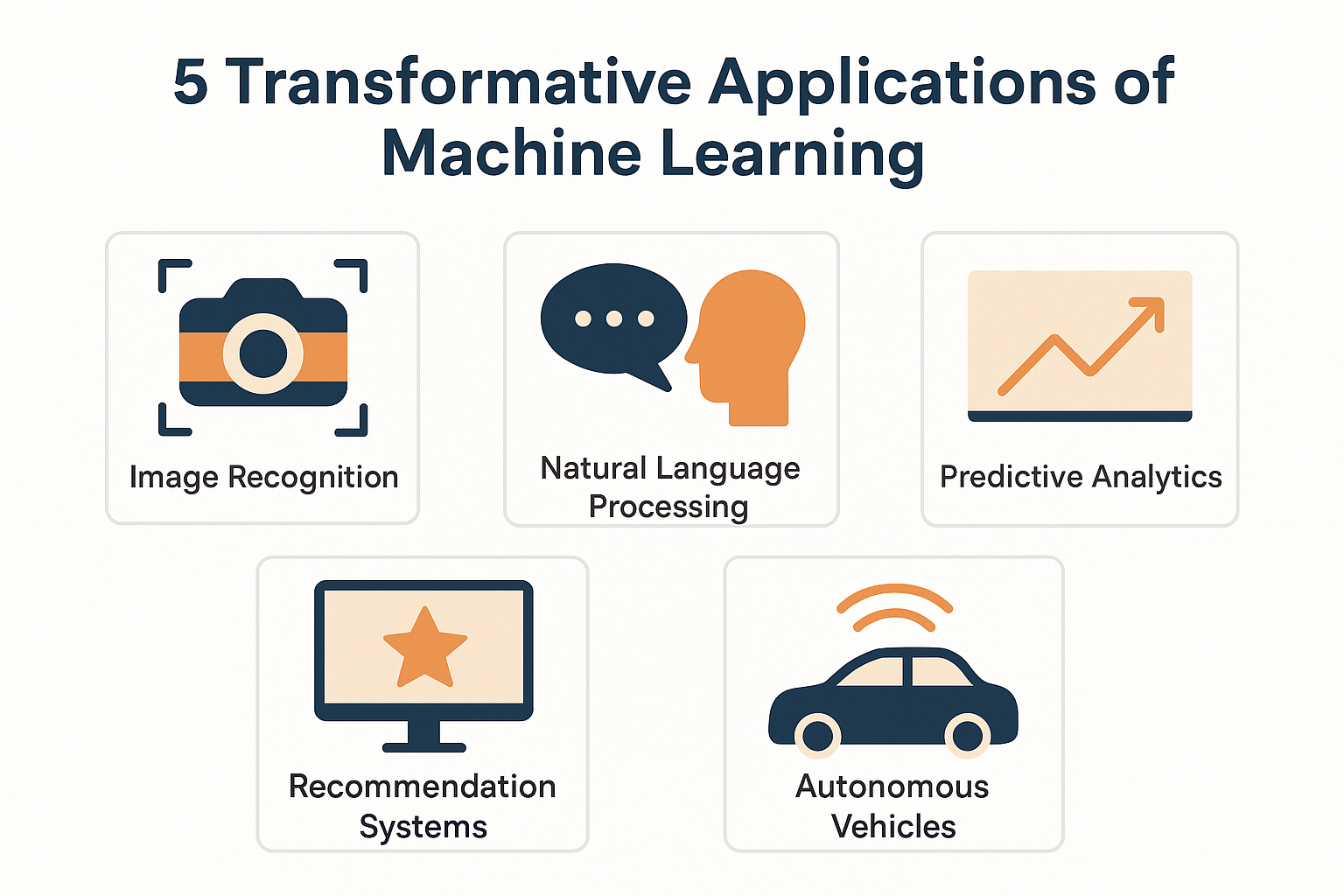
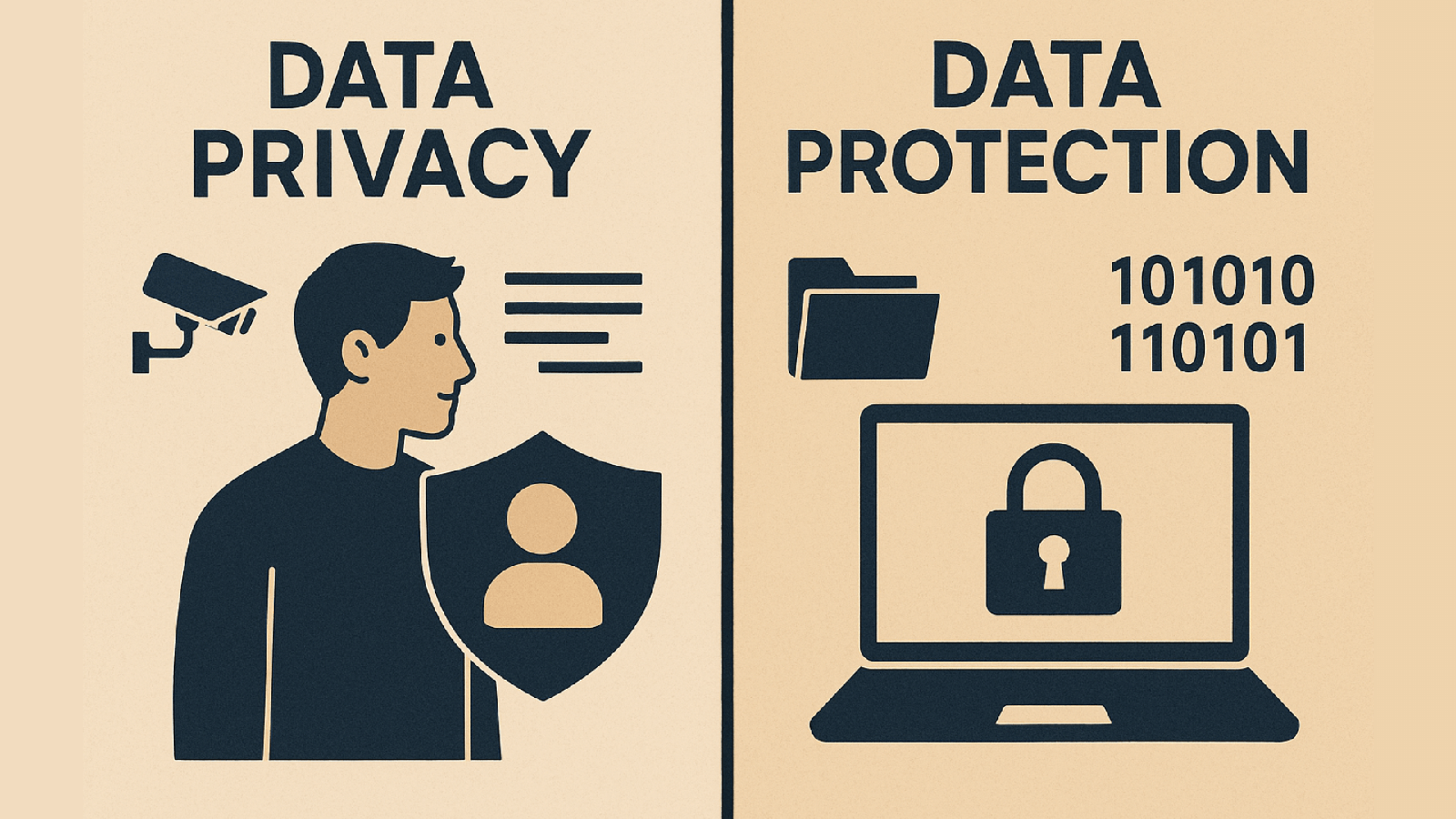


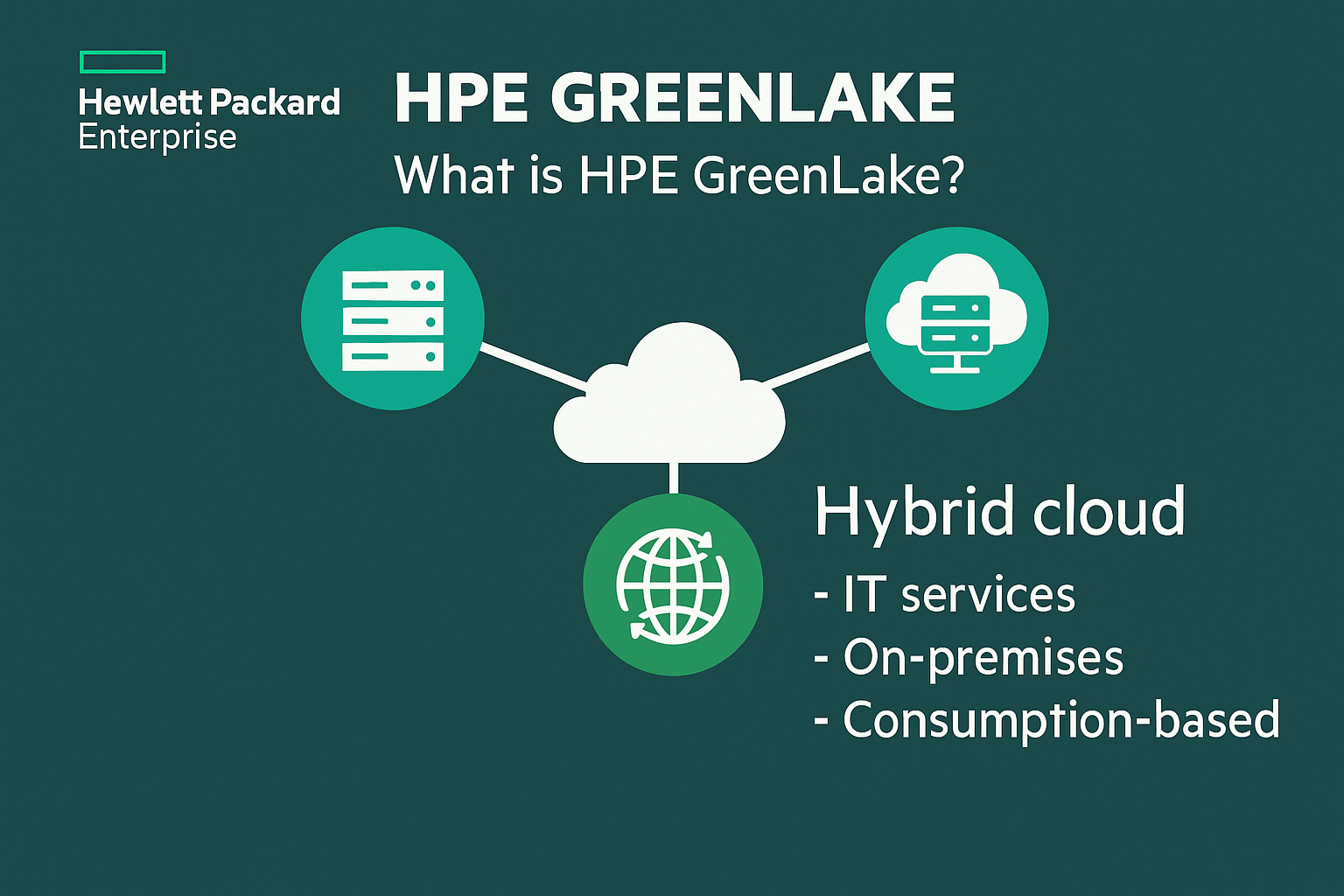
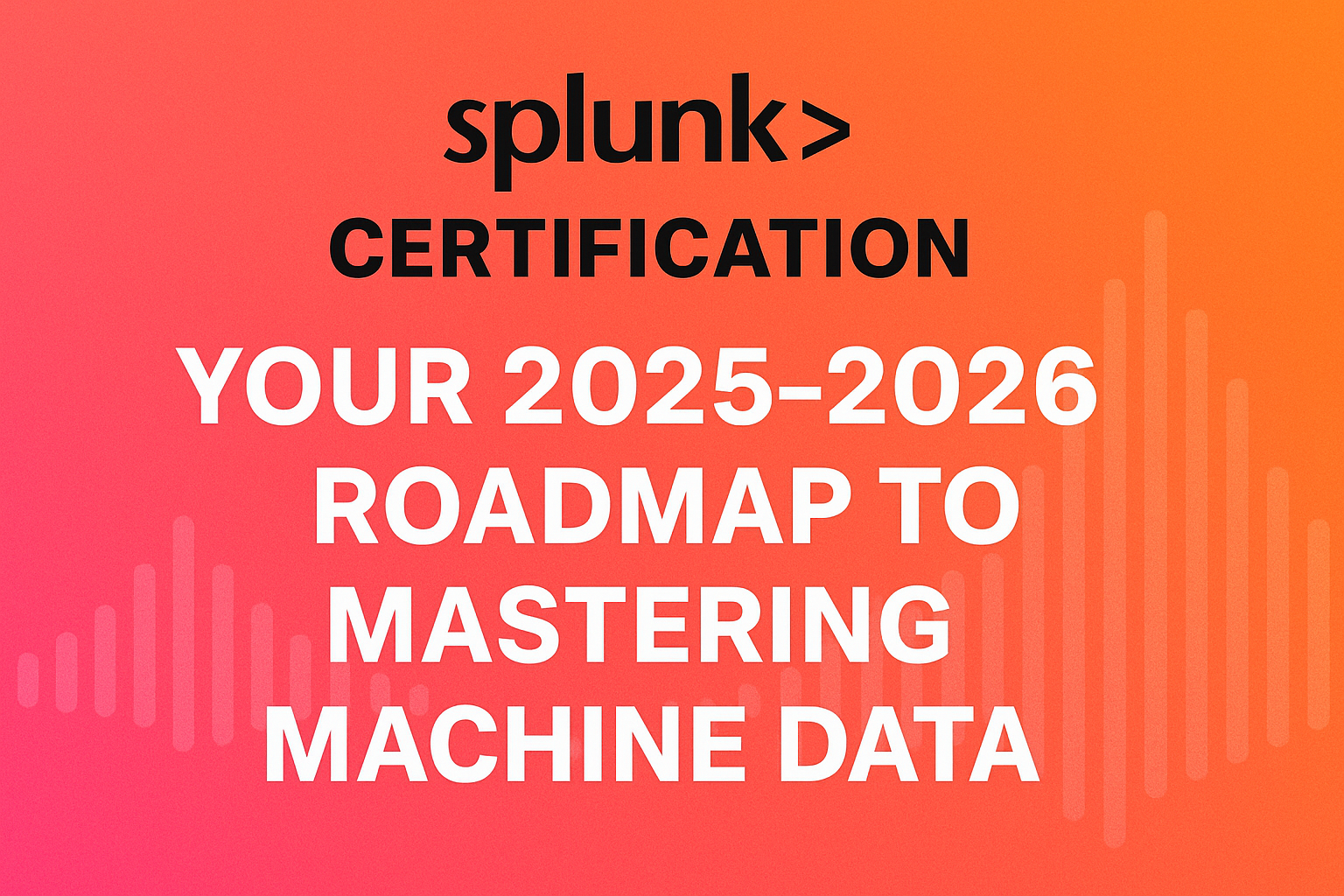
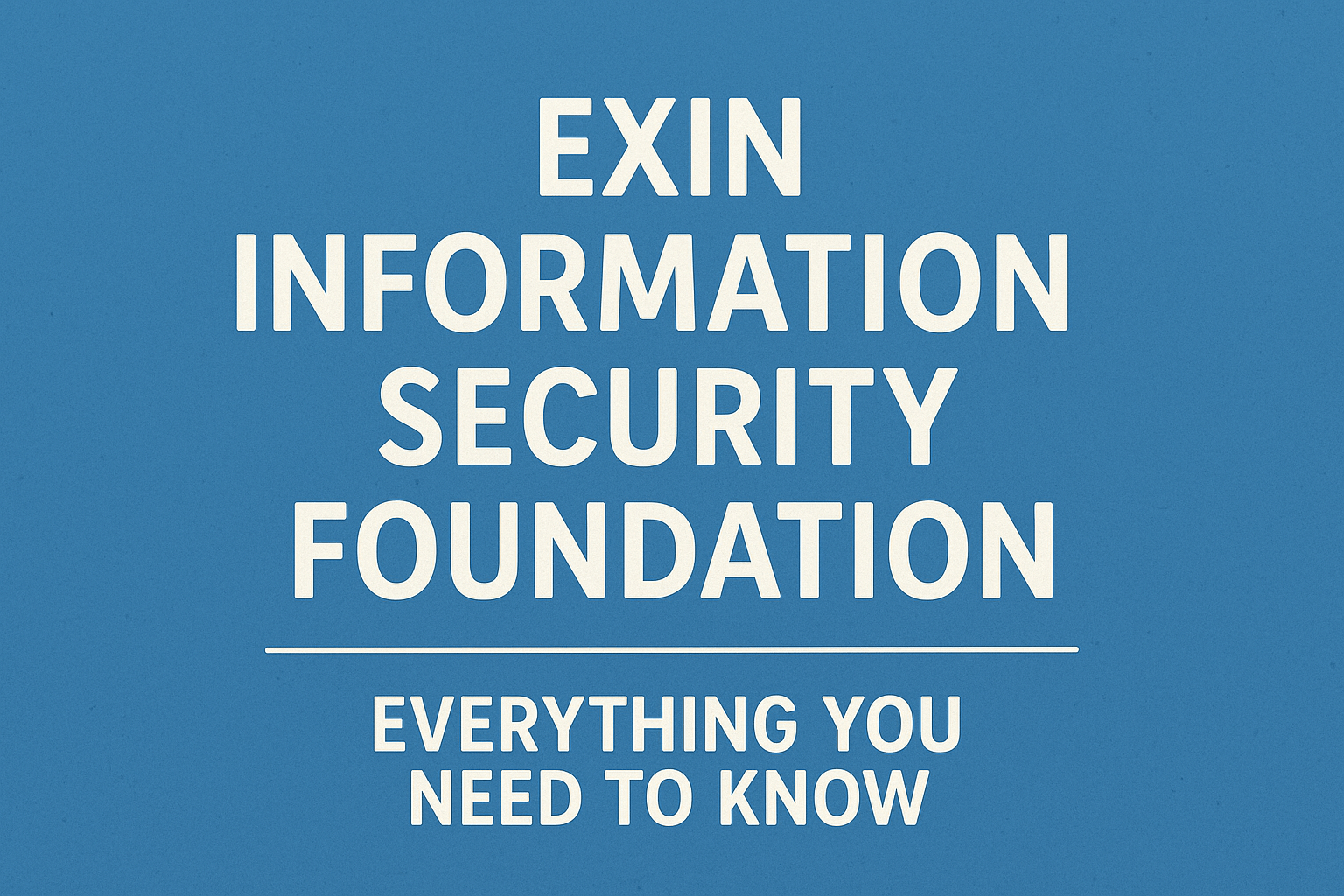
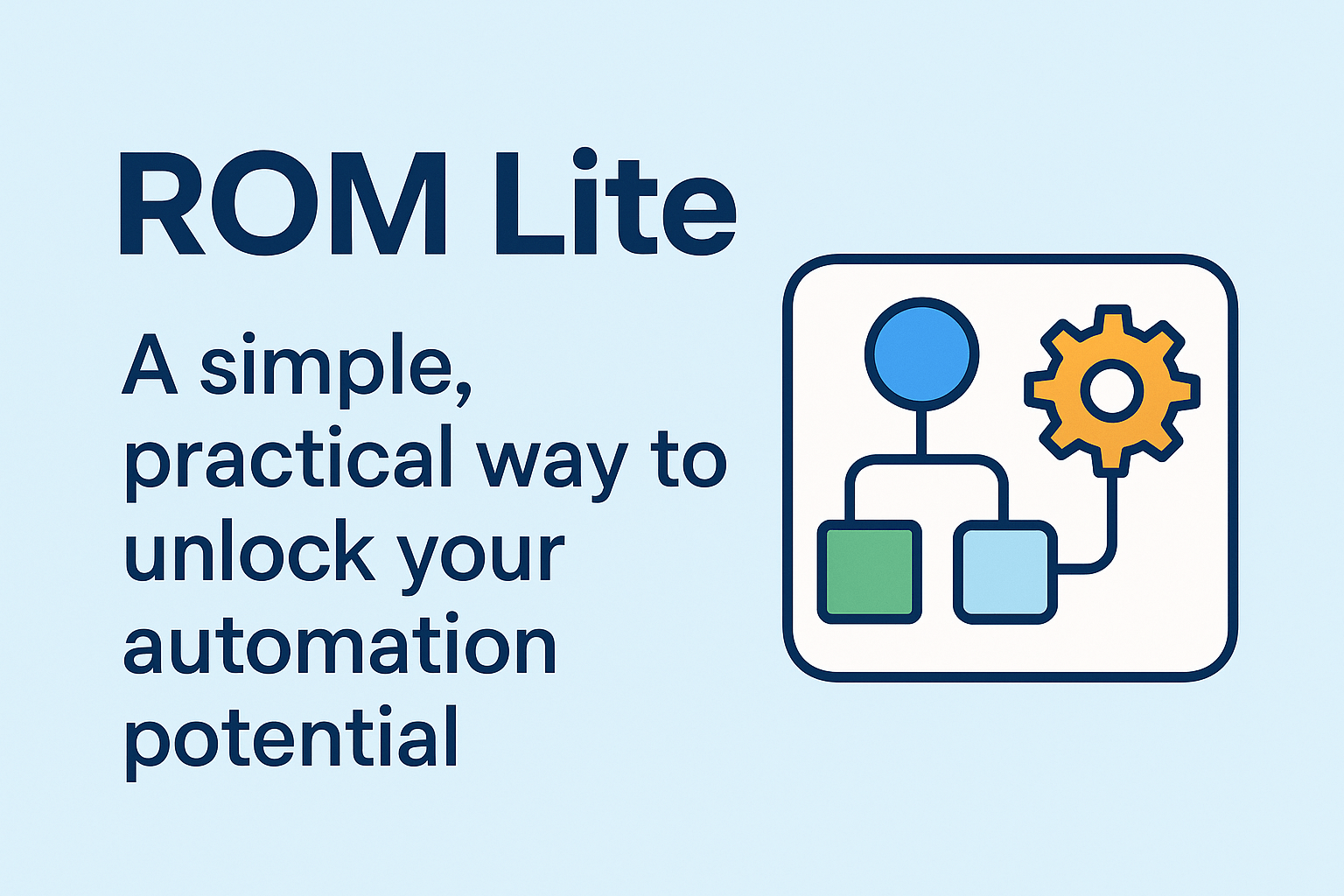
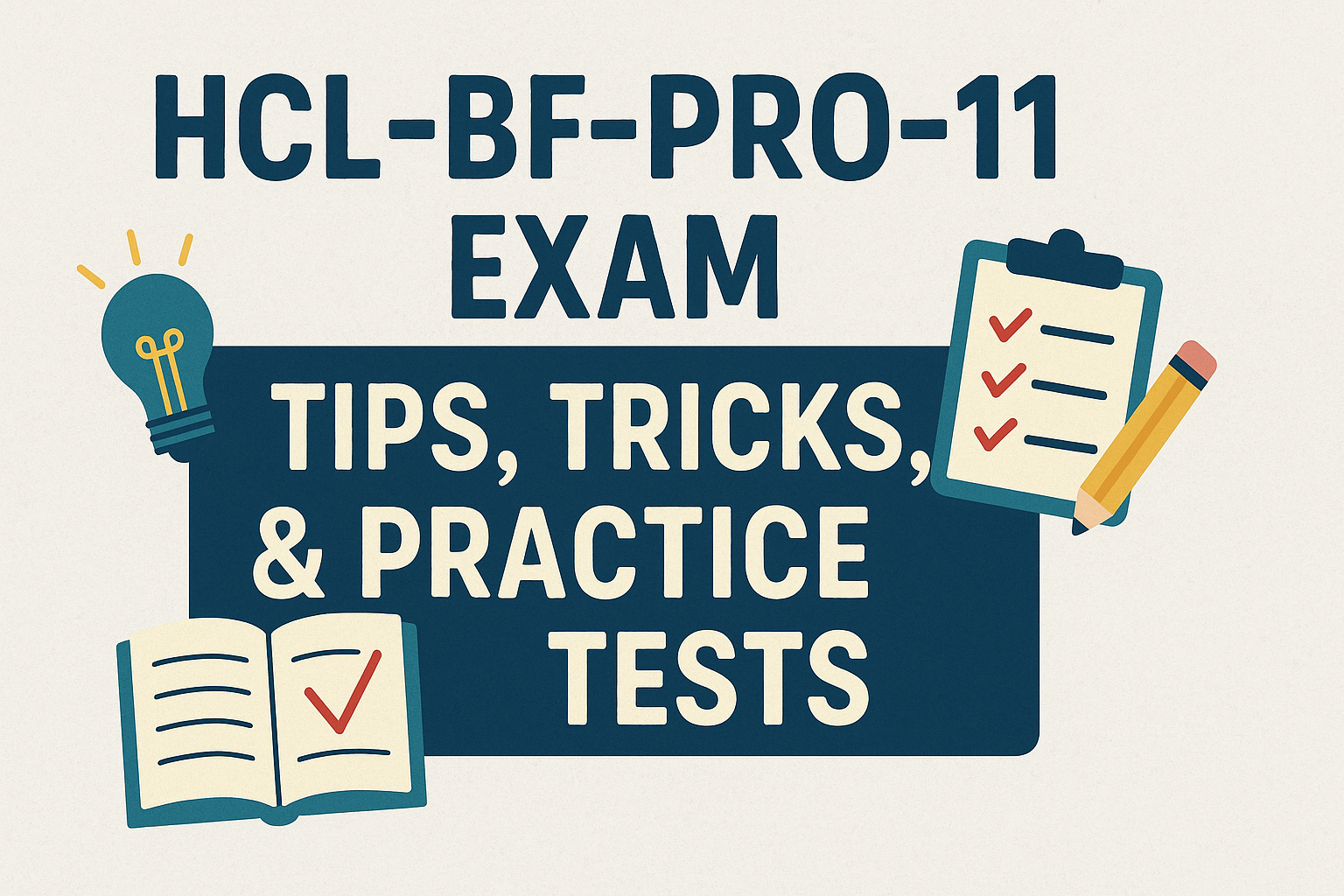
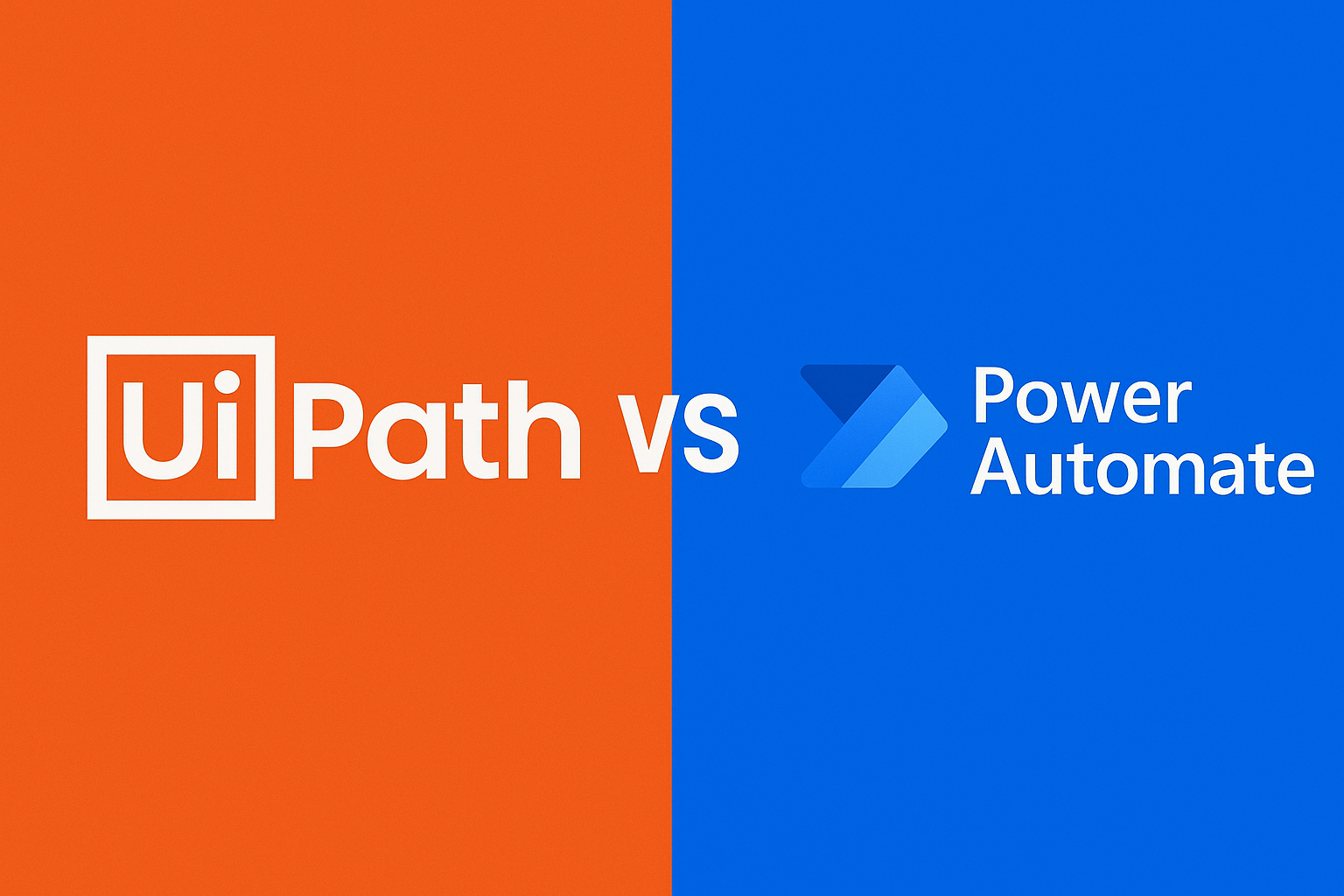
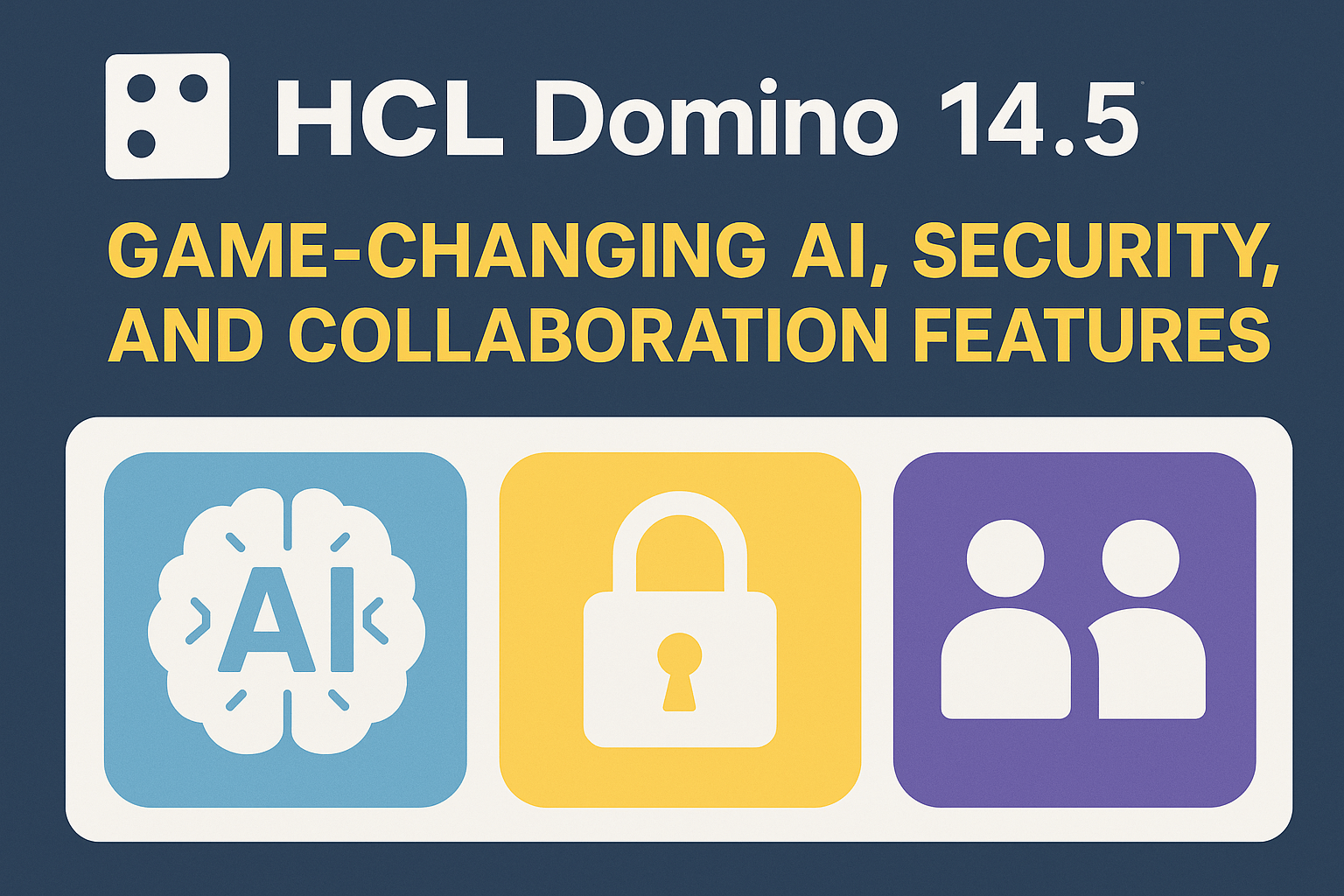

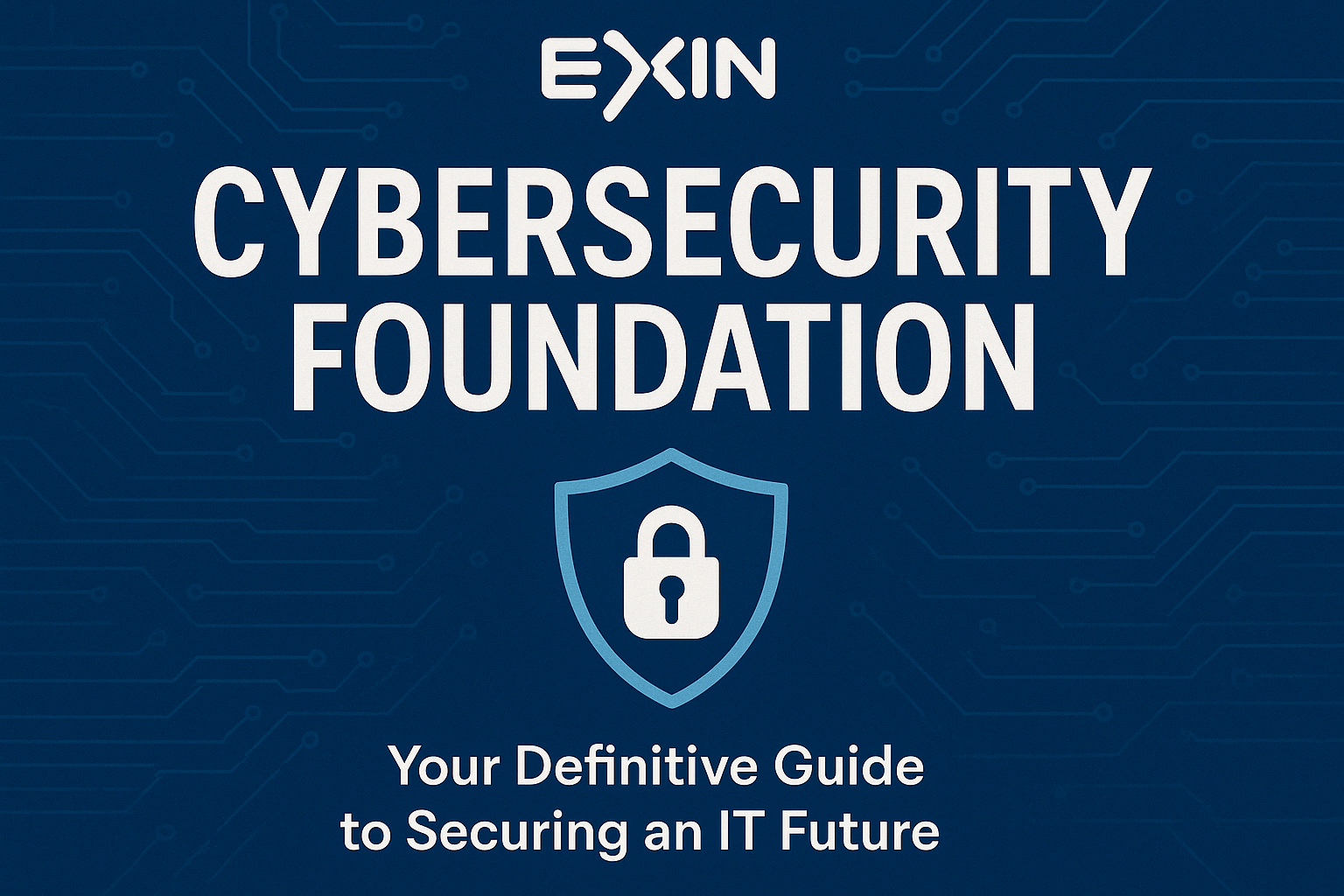

Write a comment ...